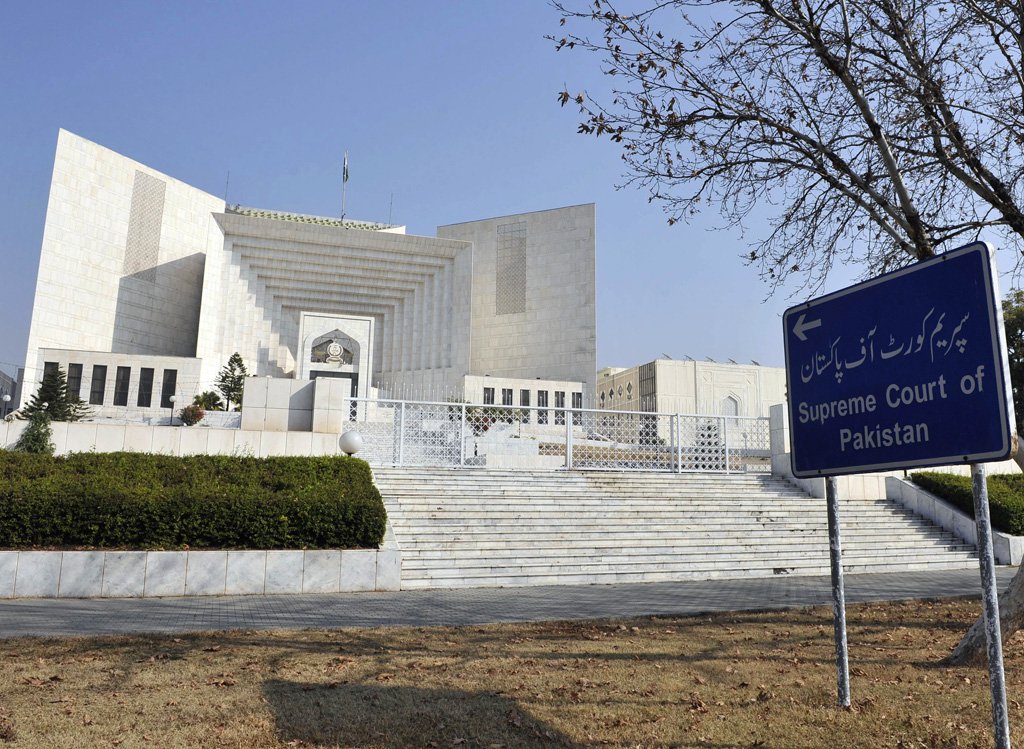
In 2009, a trial court sentenced Asfandyar to death for killing Adil Butt in Lahore. The penalty was later converted into life imprisonment. The convict later challenged his sentence in the apex court which acquitted him on Tuesday, giving him the benefit of doubt.
Issuing the order on the appeal of the convict, a three-judge Supreme Court bench, headed by Chief Justice of Pakistan (CJP) Asif Saeed Khosa, summoned the magistrate on February 22 for not fulfilling legal requirements of conducting an identification parade.
The chief justice said such cases were regrettable. Whether magistrates get any training before their appointment? The culprits are real but the evidence is faked, he noted
The chief justice said, “It seems that police arrested the man first and generated evidence later.”
He also identified discrepancies in the statements of witnesses about throwing the dead body of the victim in a canal.
Since taking oath as the top judge on January 18, Justice Khosa, who has a strong command on criminal jurisprudence, has regularly highlighted flaws in the criminal justice system, comprising investigation, prosecution, and judiciary. He believes that false witnesses should be punished.
The chief justice raised the issue of false witnesses in the Aasia Bibi case and noted that under the law, in death penalty cases, a false witness could be sentenced to life imprisonment after conducting a summary trial.
He also lamented that both lower courts and the Lahore High Court (LHC) overlooked discrepancies in the statements of witnesses in the Aasia Bibi case.
The CJP, while hearing criminal appeals, has consistently said that false witnesses are the biggest obstacle in the criminal justice system.
The courts do not use perjury laws to discourage false witnesses. The incumbent CJP, however, is determined to ‘build dams’ against false witnesses. Justice Khosa is also questioning the high courts’ rulings on criminal laws.
He came down hard on the LHC for misreading evidence in the Khadija stabbing case. The judge also questioned the Islamabad High Court (IHC) ruling regarding grant of bail to former prime minister Nawaz Sharif in the Avenfield case.
Last week, CJP Khosa wondered how a high court can ignore important evidence in a rape case. He also said a judge who is unable to dispense justice must go home.
On Monday, Justice Khosa chaired a meeting with senior police officers to implement the police reforms committee report to improve the criminal justice system in the country.
The CJP emphasised that the investigating agencies chalk out such mechanism of investigation that not only the culprits of the offence are pointed out but they be convicted under the relevant provisions of law by providing the truthful evidence and the apprehension of false evidence be totally eliminated.
He laid stress on the training of the investigation officers and prosecutors in the judicial academies across the country to improve their professional standards.
1725183962-0/Untitled-design-(2)1725183962-0-405x300.webp)

1725181537-0/Untitled-design-(1)1725181537-0-165x106.webp)

1725178900-0/Untitled-design-(9)1725178900-0-165x106.webp)

1725181795-0/Untitled-design-(7)1725181795-0-270x192.webp)
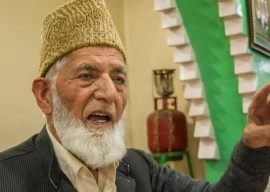
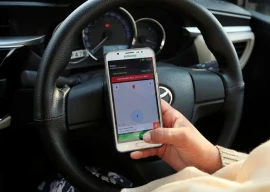

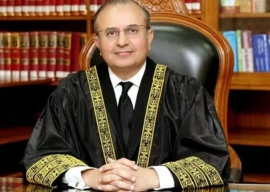



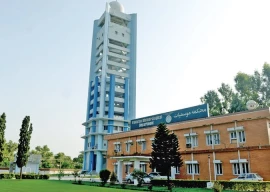








COMMENTS
Comments are moderated and generally will be posted if they are on-topic and not abusive.
For more information, please see our Comments FAQ